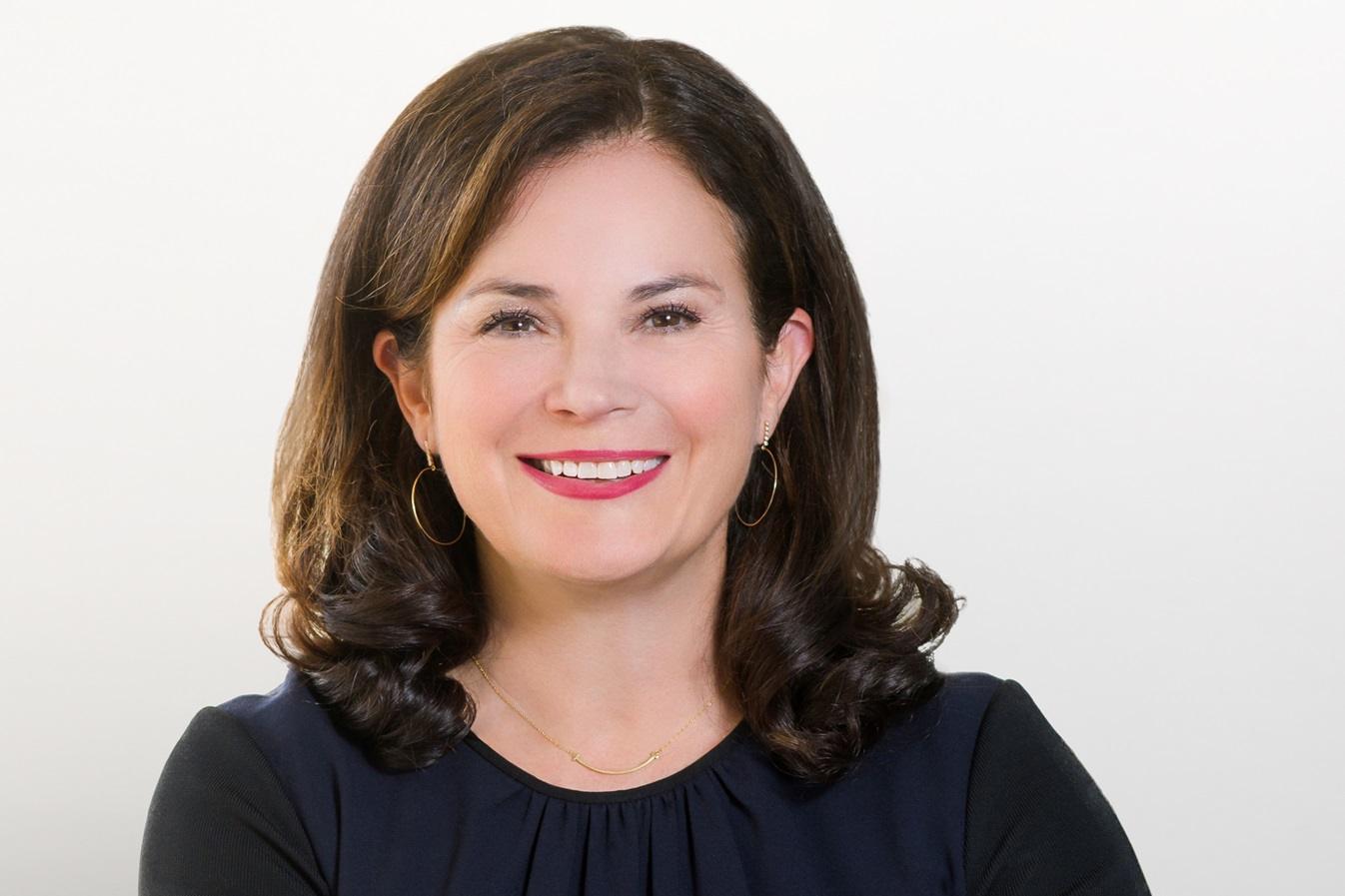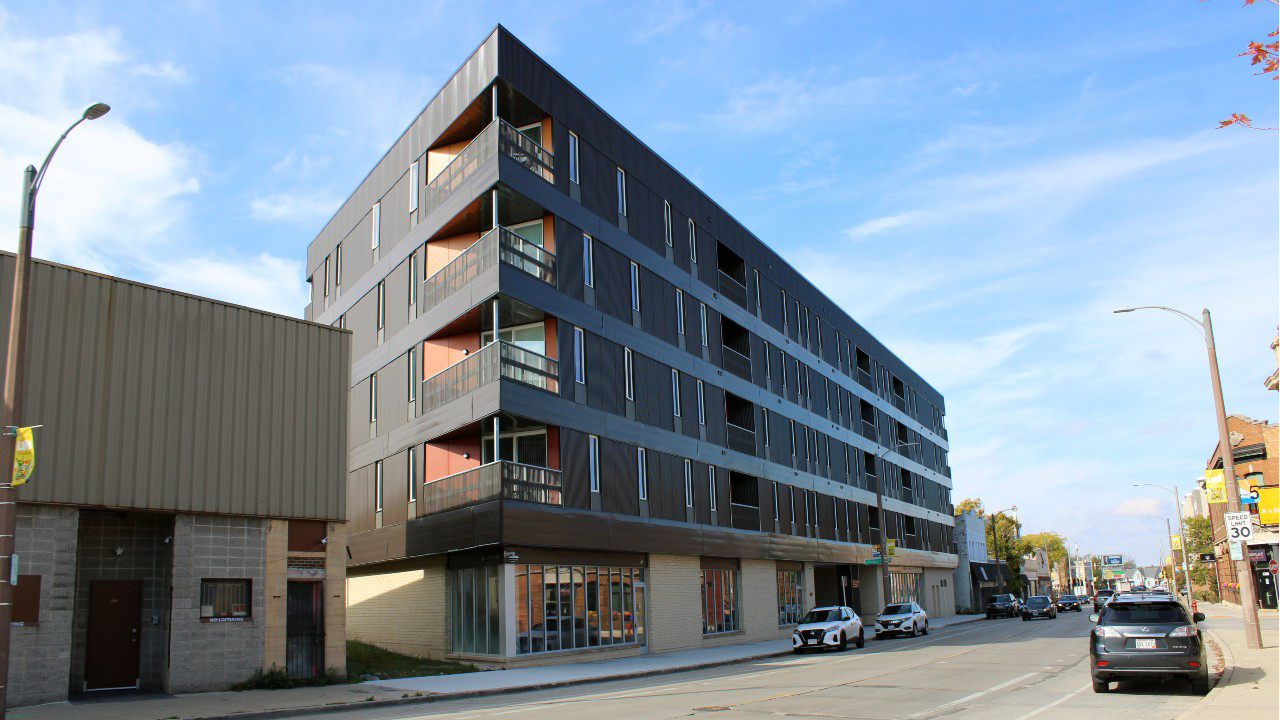O
fer Yardeni's Stonehenge NYC has finalized its acquisition of The Henley at 165 East 66th Street, a luxury rental building on Manhattan's Upper East Side. However, this deal comes with an unexpected twist - it was made in partnership with private equity giant Carlyle Group. According to reports, the $128 million purchase breaks down to over $853,000 per unit.
The property, a 20-story complex with 150 units, was sold by Los Angeles-based CIM Group for significantly less than its original price of $200 million, which it paid half a decade ago. This substantial drop in value is likely linked to the current high interest rates. Acore Capital provided a $118 million acquisition loan to facilitate the deal.
Miami-based Crescent Heights retained ownership of the retail space, occupied by an Alo clothing store. The acquisition marks Stonehenge's continued focus on the Upper East Side, where it has invested heavily in recent years. This purchase adds to its portfolio of seven properties in the neighborhood.
Carlyle Group is no stranger to Manhattan's multifamily sector, having made a significant move earlier this year with Gotham Organization to buy The Aire on the Upper West Side for $265 million. CIM Group, meanwhile, has been active in the market as well, recently acquiring the distressed 88 University Place in Greenwich Village for $48.6 million.















